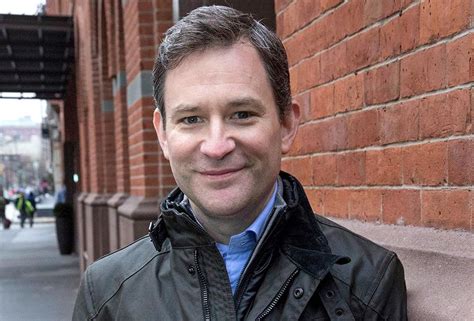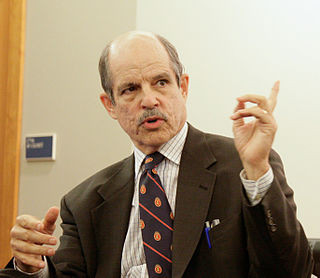A Quote by Margaret Warner
A lot of the countries of Latin America, they may not agree on everything, from how to run your economy to human rights, but one thing they agree on, they don't like to being treated by the United States as being in their backyard.
Related Quotes
Talk loud enough about human rights and it gives the impression of democracy at work, justice at work. There was a time when the United States waged war to topple democracies, because back then democracy was a threat to the Free Market. Countries were nationalising their resources, protecting their markets.... So then, real democracies were being toppled. They were toppled in Iran, they were toppled all across Latin America, Chile.
At Ohio State University, to avoid being guilty of 'sexual assault' or 'sexual violence,' you and your partner now apparently have to agree on the reason WHY you are making out or having sex. It's not enough to agree to DO it, you have to agree on WHY: there has to be agreement 'regarding the who, what, where, when, why, and how this sexual activity will take place.
We hear from time to time about horrible human rights atrocities happening around the globe. Our government claims that it stands in favor of human rights, and our leaders are in the news demanding consequences for other countries that are abusing their populations. But there is a huge denial about how widespread and common these kinds of atrocities are in the United States, and that we are not nearly as different from other countries as we would like to believe we are.
Latin America was the most obedient follower of the neoliberal regime that was instituted by the United States, its allies and the international financial institutions. They followed it most rigorously. Almost everyone who's followed those rules, including the Western countries, have suffered. And in Latin America they suffered severely.
When the United States stands up for human rights, by example at home and by effort abroad, we align ourselves with men and women around the world who struggle for the right to speak their minds, to choose their leaders, and to be treated with dignity and respect. We also strengthen our security and well being, because the abuse of human rights can feed many of the global dangers that we confront - from armed conflict and humanitarian crises, to corruption and the spread of ideologies that promote hatred and violence.

































